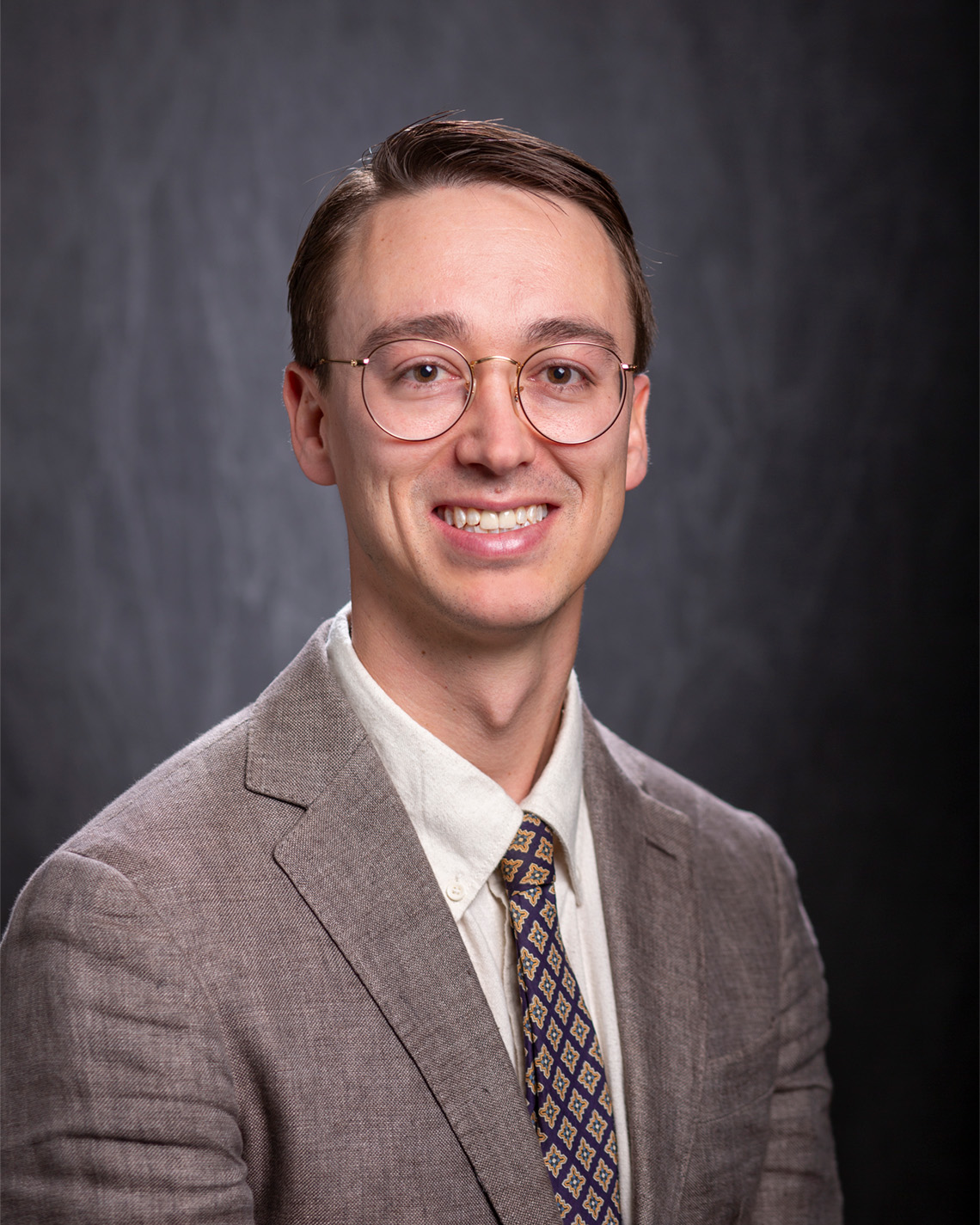Docs' Matthew Hiatt Named 2024 LSU Rainmaker
February 27, 2025

Matthew Hiatt, an Associate Professor in the Department of Oceanography & Coastal Sciences, has received the a 2024 Rainmaker Emerging Scholar Award in Science, Technology, Engineering and Mathematics.
"Our college is happy to congratulate Matt Hiatt on being named an LSU Rainmaker in the Emerging Scholar category. His contributions to the field of hydrology – and to the study and preservation of the Mississippi River Delta – are quite remarkable, and I am so happy to see him recognized," said CC&E Dean Clint Willson. "I know he is well on his way to making many more discoveries that will have a huge impact, both within his field of study, and on the work to protect Louisiana’s coast."
Hiatt is a hydrologist focused on delta and estuarine environments, areas of crucial significance in coastal Louisiana. Much of his research focuses on Louisiana’s coastline, where he uses a combination of field work and numerical modeling techniques to understand the hydrology, sediment transport and hydrodynamics of the Mississippi River Delta as it undergoes significant changes.
“The common thread in Matt’s research is a unique ability to formulate research programs, mainly field-based, that allow him to quantify key processes in the complex hydrologic, ecologic, and geomorphic framework of coastal lowlands,” said Chris Paola, in one of a professor in the Department of Earth Sciences at the University of Minnesota. Paola, who has worked with Hiatt, wrote a letter in support of Hiatt’s nomination as a Rainmaker.
“At LSU, he is in the perfect place to both realize his own research dreams and also make major contributions to the campaign to keep the Mississippi Delta alive in the face of sea-level rise and other human-induced stresses,” Paola continued.
The Rainmaker Award is the latest in a string of recognitions for Hiatt – he has also been named a Worley Professor of Excellence, received the LSU Alumni Association Rising Faculty Research Award, and been awarded an NSF CAREER Grant. He is the twelfth faculty member from CC&E to receive this award.
CC&E caught up with Hiatt to talk about his research. This conversation has been edited for clarity.
You have a wide range of projects going on right now, from invasive species to the impacts of cold fronts on hydrology. How do you characterize your research?
My projects are all motivated by trying to understand the processes that are shaping coastal ecosystem change, specifically through the lens of how the hydrology changes over time, and that's either in response to natural change - just the fundamental processes that are at play - or in response to human intervention, like coastal restoration…
If we do an intervention, we typically know it will do X thing – like, we design it to reduce flooding by [a certain] height - but we might not know what that does to the circulation pattern, because that's not what it was designed to do. I want to investigate that.
You do both modeling and fieldwork. Is that common for scientists in your field?
One of the unique things about my program is that it's like half and half… I started out as a field person. That's what my first part of my PhD was. And then, basically, I got good training. They said you shouldn't be an expert in just one thing. You should have two things. So that's what I try to do with my students, too.
What do you get from fieldwork and what do you get from modeling?
You can test the full range of possibilities. With field work, for example, I can't test the effects of a changing river discharge from the Mississippi, other than waiting a whole year to make measurements for the discharge to change. With a model, I can test a range of possibilities on, [for example] what is the effect of discharge on the growth of this delta? Or I can test things like sea level rise.
The ideal is to make them complement each other. Maybe we go into the field, we develop some data that gives us a question we want to answer, and then that we can't answer with the field data because we're limited. So we use a model to address that part, and then we might say, Oh, well, to make the model better, we might need to know this. So we might go to the field to address it. [But] I don't just collect the data to give me the conditions to start the model, I try to use the data from the field to actually answer a question… I want to use field work to answer novel questions instead of using it to inform modeling.
What is it about the study of hydrology that inspires you?
I just always liked it. I think, honestly, when I was taking classes in my undergrad, the problem-solving aspect of it was more interesting than the other classes.
To go back to the beginning of the conversation, are you more interested in the processes than in water or hydrology itself?
Yes. Water is just the mechanism to move things. That's what I like about it. It's this core part of human existence, right? But it's very complex behavior, mathematically. There's this prize out in mathematics that's like, solving these seven or eight core unknowns. But… one of them is solving what's called the Navier-Stokes equations, which are equations that control the movement of water. And it's like, no one can do it, or it hasn't been done yet. It behaves kind of chaotically. It depends on the scale that you look at. From a purely intellectual standpoint, it's pretty fascinating. But I'm more interested in how it behaves with the overall environment, and what that means for different solutions we can come up with, because we have to live with it, but we also want to control it.